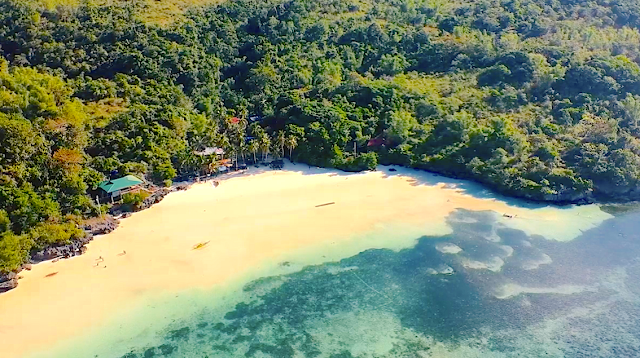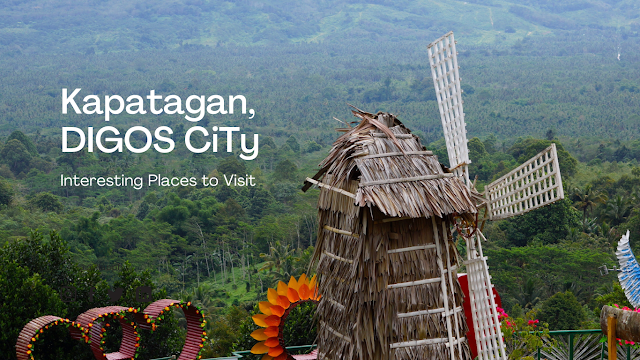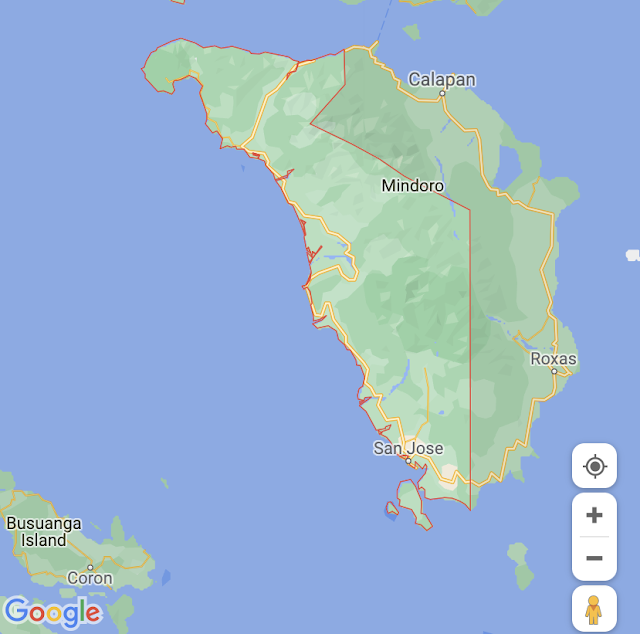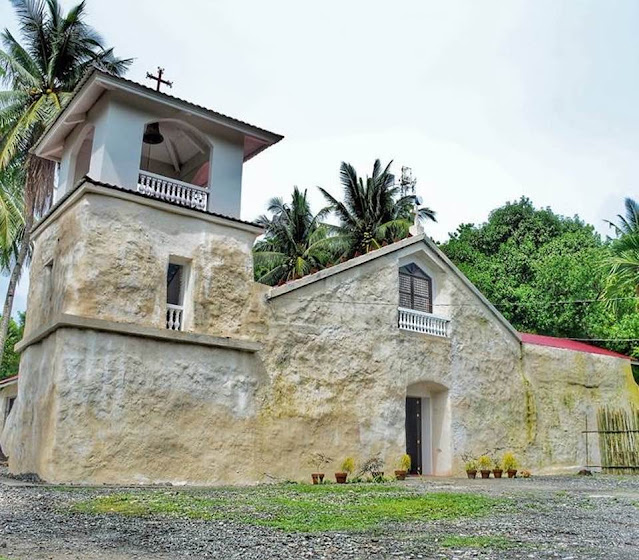Tiboli: A Cultural Haven for History Buffs and Art Enthusiasts
The T'boli people are an indigenous tribe that primarily inhabits the province of South Cotabato in the southern part of the Philippines. They are known for their unique culture and traditions, including their vibrant traditional clothing, music, and dances.
The T'boli people are skilled in weaving, and their most famous product is the T'nalak, a hand-woven cloth made from abaca fibers. T'nalak is an essential part of the T'boli culture and is used for various purposes, including clothing, blankets, and decorations.
The T'boli people also have a strong connection with nature, and many of their customs and beliefs revolve around their environment. They practice sustainable agriculture, including rice cultivation and banana farming, and engage in fishing and hunting.
In addition to their cultural practices, the T'boli people are also known for their hospitality and warmth towards visitors. They welcome tourists to their community and share their traditions and way of life with them. The T'boli community has established several cultural centers and museums, such as the Kule Museum in Surallah, to preserve their cultural heritage and educate visitors about their customs and traditions.
Overall, the T'boli people are a vital part of the cultural landscape of South Cotabato, and their customs and traditions continue to thrive in the modern era.
Brief History
The history of the T'boli people is rooted in their deep connection with their ancestral lands in the mountains and forests of South Cotabato. According to oral tradition, the T'boli people migrated to the region from other parts of Mindanao in the early 1600s. They were believed to have settled in the area around Lake Sebu and established their own communities.
Over the centuries, the T'boli people developed a rich culture and tradition that centered around their connection with nature and their agricultural practices. They developed their unique system of beliefs, customs, and traditions, which are still practiced to this day.
During the American colonial period in the early 1900s, the T'boli people faced challenges in preserving their cultural identity and way of life. The American government introduced new agricultural practices and encouraged the T'boli people to adopt Western customs and values. However, the T'boli people resisted these efforts and maintained their traditions and practices.
In the 1960s, the Philippine government initiated a resettlement program in the area around Lake Sebu. This program brought in settlers from other parts of the country and threatened the T'boli people's way of life. The T'boli people resisted these changes and advocated for their rights to their ancestral lands.
Today, the T'boli people continue to maintain their cultural identity and tradition, despite the challenges of modernization and development. They have established various cultural centers and museums, such as the Kule Museum in Surallah, to preserve their heritage and educate visitors about their customs and traditions.
Top things to Do in Tiboli
The T'boli people and their ancestral lands in South Cotabato offer visitors a unique cultural and natural experience. Here are some of the top things to do in Tiboli:
- Visit Lake Sebu - Lake Sebu is a scenic lake surrounded by mountains and is a popular destination for visitors. You can go on a boat ride, enjoy the view, and experience the T'boli culture.
- Explore the T'boli villages - There are several T'boli villages around Lake Sebu where visitors can experience the culture and traditions of the T'boli people. You can visit their homes, see their hand-woven textiles, and learn about their customs and practices.
- Attend the T'nalak Festival - The T'nalak Festival is an annual event celebrated in South Cotabato that showcases the T'boli culture. It features traditional dances, music, and food and is an excellent opportunity to learn more about the T'boli way of life.
- Visit the Kule Museum - The Kule Museum in Surallah is a community museum that features the traditional clothing and artifacts of the T'boli people. It is an excellent place to learn about the T'boli culture and history.
- Try T'boli cuisine - The T'boli cuisine is unique and flavorful, featuring dishes such as tilapia cooked in bamboo, T'nalak rice cake, and lechon manok (roast chicken).
- Go on a trek - The T'boli ancestral lands offer beautiful and diverse landscapes, from mountains to forests and waterfalls. Going on a trek is an excellent way to experience the natural beauty of the area.
- Buy T'nalak - T'nalak is a hand-woven textile made from abaca fibers and unique to the T'boli people. It is an excellent souvenir to bring home and support the local community.
HOW TO GET THERE
T'Boli is accessible by bus or van from General Santos City, which has an international airport, the General Santos International Airport. The travel time from General Santos City to T'Boli is approximately 2-3 hours.









